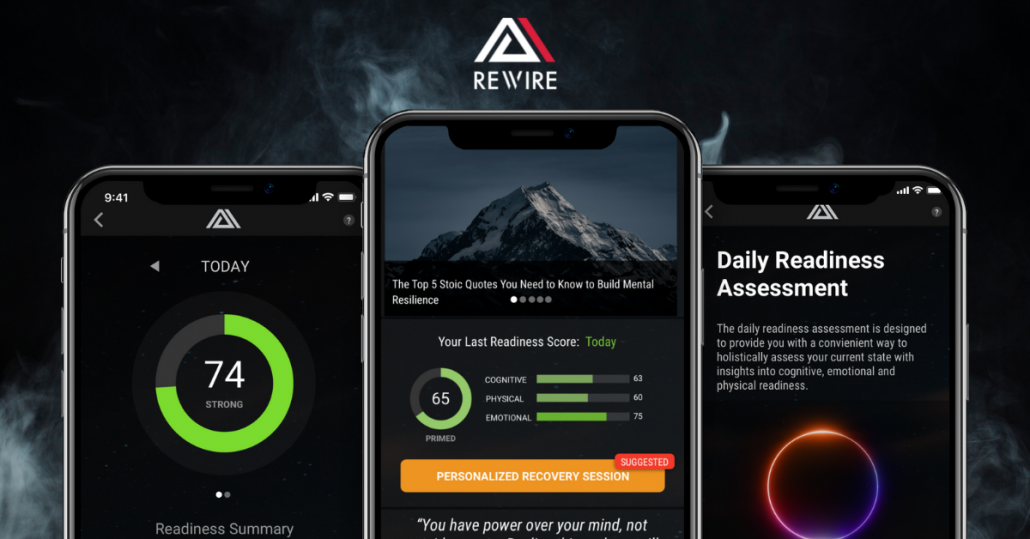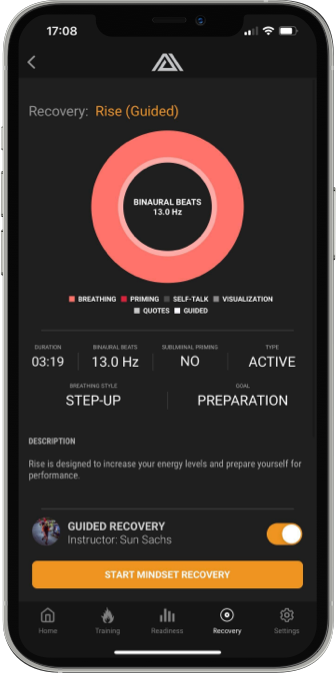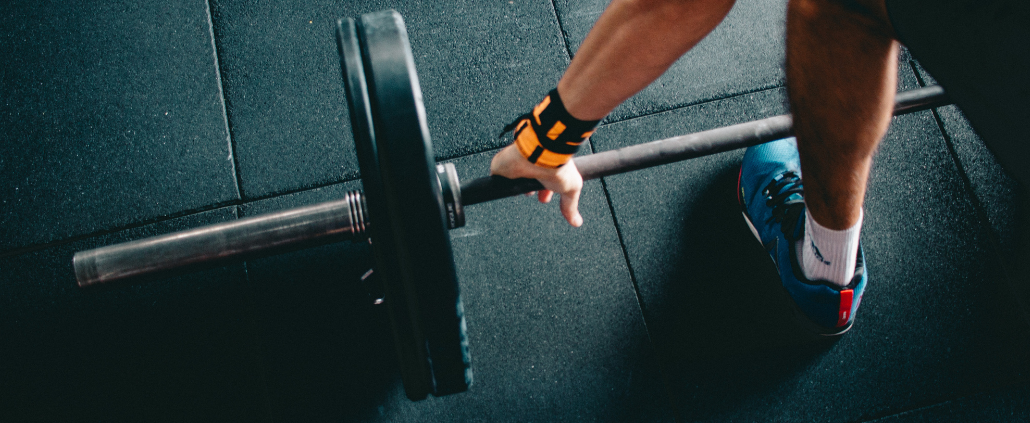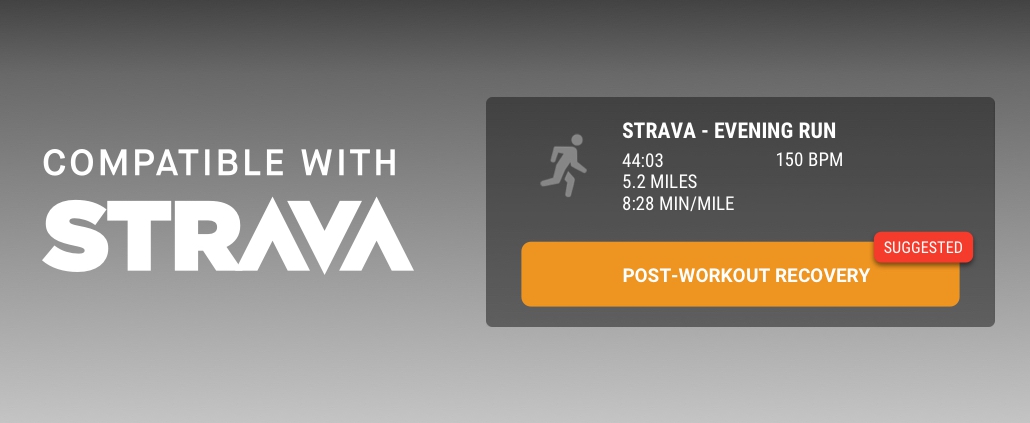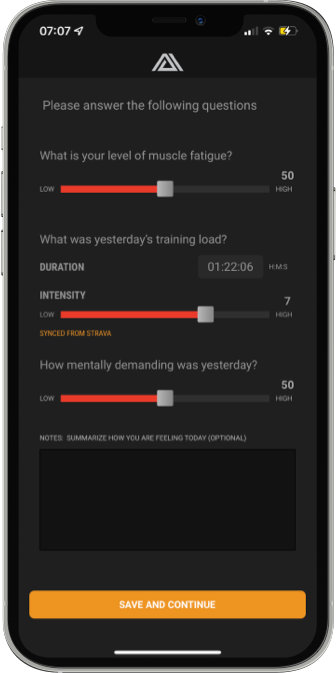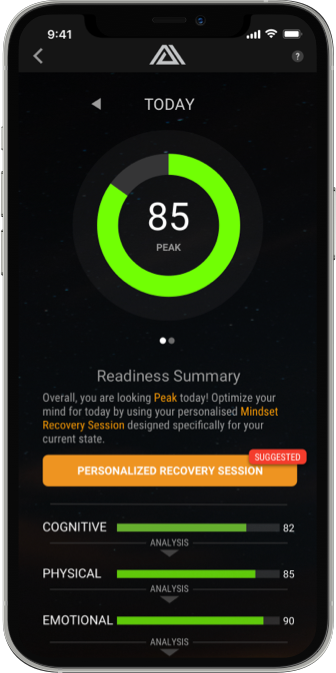Positive Self-Talk: A Complete Guide
Did you know that the way you speak to yourself can impact your athletic performance?
Self-Talk refers to the internal dialogues we have to ourselves. In the paper, Self-Talk in Sport and Performance (2017), authors Judy L.Van Raalte and Andrew Vincent write that ‘In the research literature, both instructional and motivational self-talk have been shown to enhance performance.’ and that ‘Negative self-talk increases motivation and performance in some circumstances but is generally detrimental to sport performance’.
Replacing negative internal dialogues with positive ones can help athletes decrease performance anxiety, improve concentration and focus as well as build confidence and self-esteem. A 2009 study also showed that self-talk can enhance self-confidence and reduce cognitive anxiety (Hatzigeorgiadis et al., 2009).
When it comes to sports, self-talks can serve two basic functions: for instruction, or motivation.
- Instructional Self-Talk can be utilized for skill or strategy development and general performance improvement. Studies have found that using self-talk mantras during skill execution can improve technique and performance (Hatzigeorgiadis, et al. 2011).
- Motivational Self-Talk as expected, can be used to help you build motivation, cope in difficult circumstances, stay focused and increase effort.
Lastly, a further way that we can use self-talk to reduce anxiety in sports performance is by using third person. Ethan Kross, a psychologist at the University of Michigan (2014) found that people who refer to themselves through the third-person have a less difficult time dealing with stressful situations. Lebron James, for example, is often reported to have spoken about himself in third person, perhaps doing so aided his performance under pressure.
Below are some examples of self-talk mantras used by elite athletes to inspire you:
Instructional Self-Talk:
- “Focus, Focus, Focus” — Rob Krar, ultramarathon runner
- “Calm, calm, calm. Relax, relax, relax” —Desiree Linden, 2x US Champion Marathon Runner
Motivational Self-Talk:
- “I got this” — Laurie Hernandez, 2x Olympic Medalist
- “I deserve to win” — Marlen Esparza, Pro American Boxer
- “You Are Strong, You Are Capable, You Are Strong, You Are Capable” — Colin O’Brady, adventure athlete and explorer
Take Home Points:
- Positive self-talk can improve your athletic performance
- Use instructional self-talk for skill-development and strategy
- Use motivational self-talk to build motivation and stay focused
- Consider using third-person to reduce sport performance anxiety
Need help getting started? Rewire’s Mindset recovery protocols also incorporate self-talk mantras to help you optimize your training. Try it for free today here.
References:
Hatzigeorgiadis, A., Zourbanos, N., Mpoumpaki, S., & Theodorakis, Y. (2009). Mechanisms underlying the self-talk–performance relationship: The effects of motivational self-talk on self-confidence and anxiety. Psychology of Sport and exercise, 10(1), 186-192.
Hatzigeorgiadis, A., Zourbanos, N., Galanis, E., & Theodorakis, Y. (2011). Self-talk and sports performance: A meta-analysis. Perspectives on Psychological Science, 6(4), 348–356. doi: 10.1177/1745691611413136
Kross, E., Bruehlman-Senecal, E., Park, J., Burson, A., Dougherty, A., Shablack, H., Bremner, R., Moser, J., & Ayduk, O. (2014). Self-talk as a regulatory mechanism: how you do it matters. Journal of personality and social psychology, 106(2), 304–324. https://doi.org/10.1037/a0035173
Van Raalte, J., & Vincent, A. Self-Talk in Sport and Performance. Oxford Research Encyclopedia of Psychology. Retrieved 27 May. 2022, from https://oxfordre.com/psychology/view/10.1093/acrefore/9780190236557.001.0001/acrefore-9780190236557-e-157.


